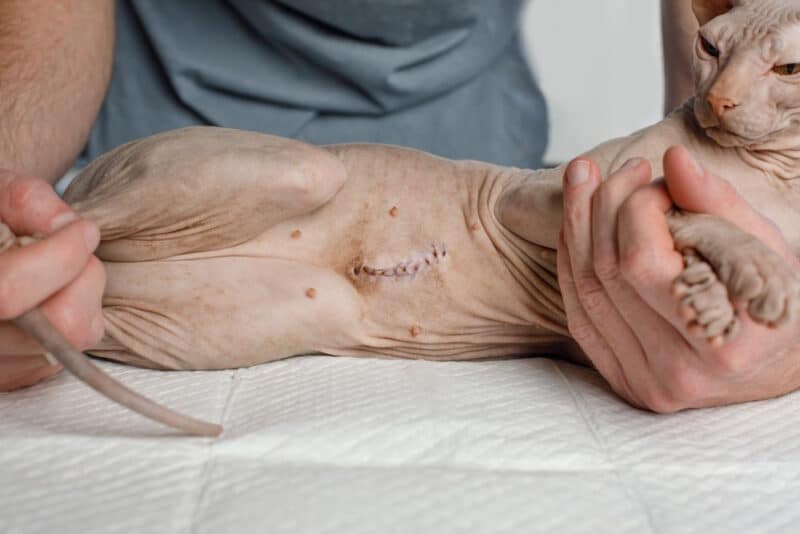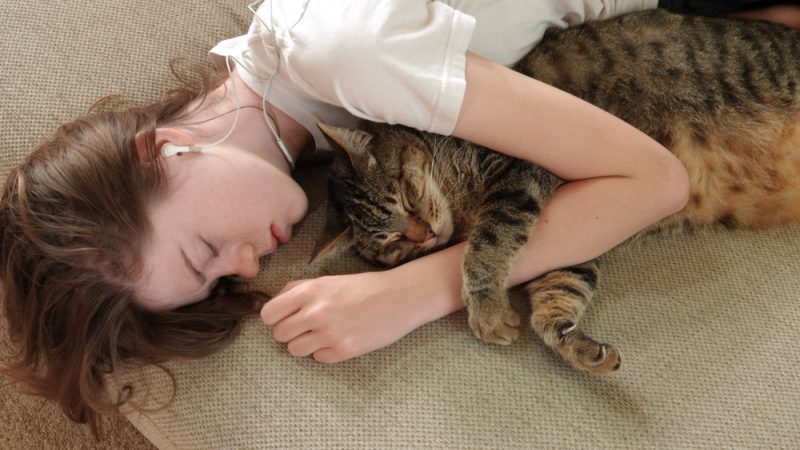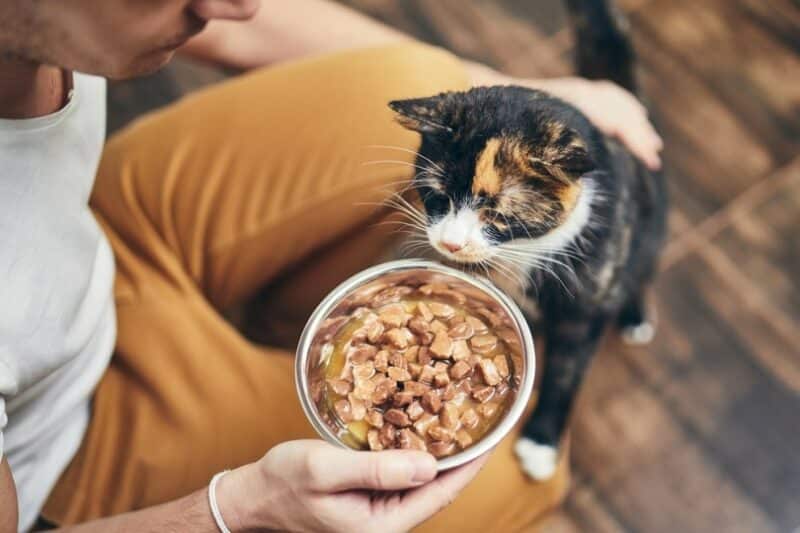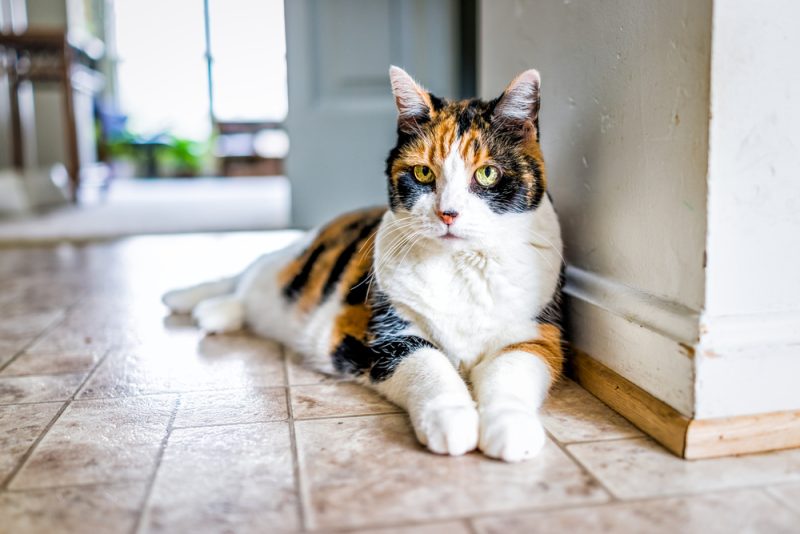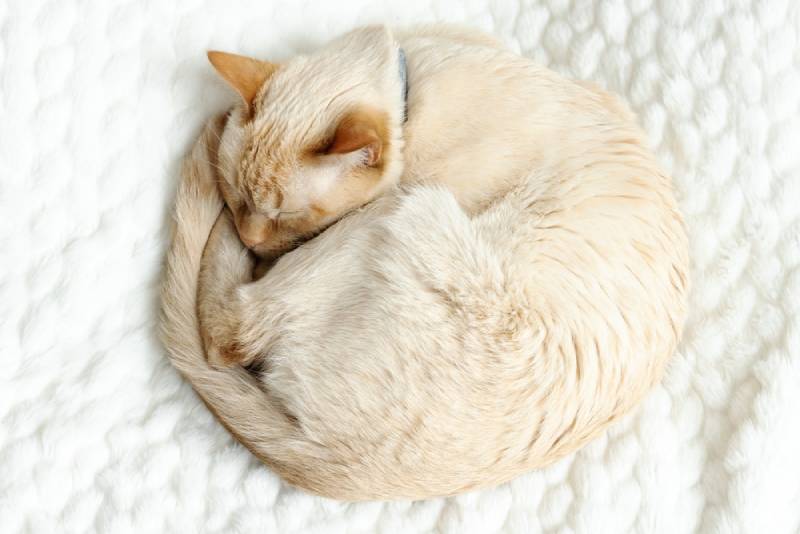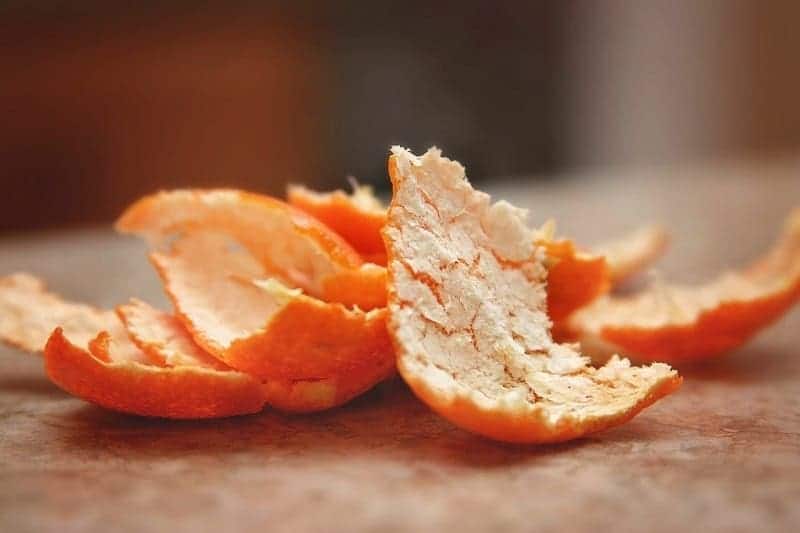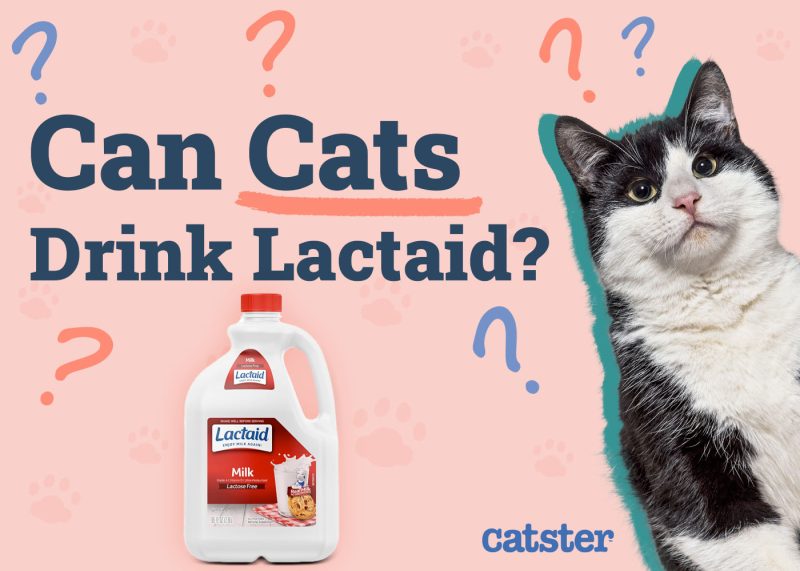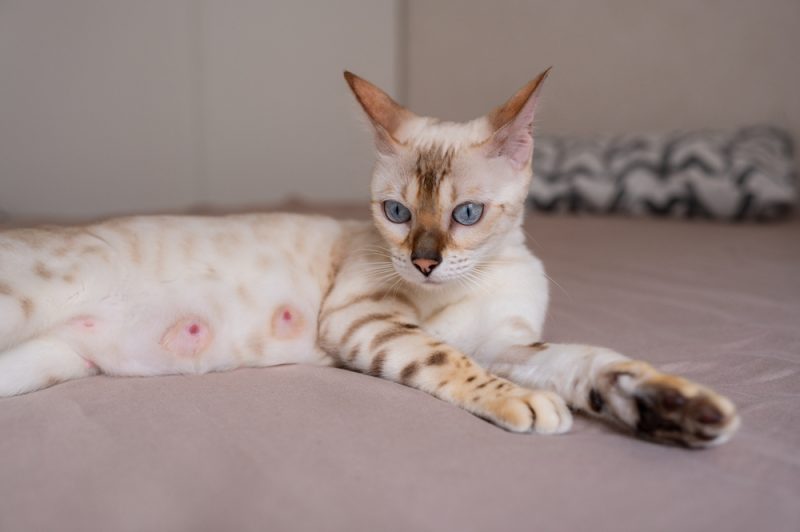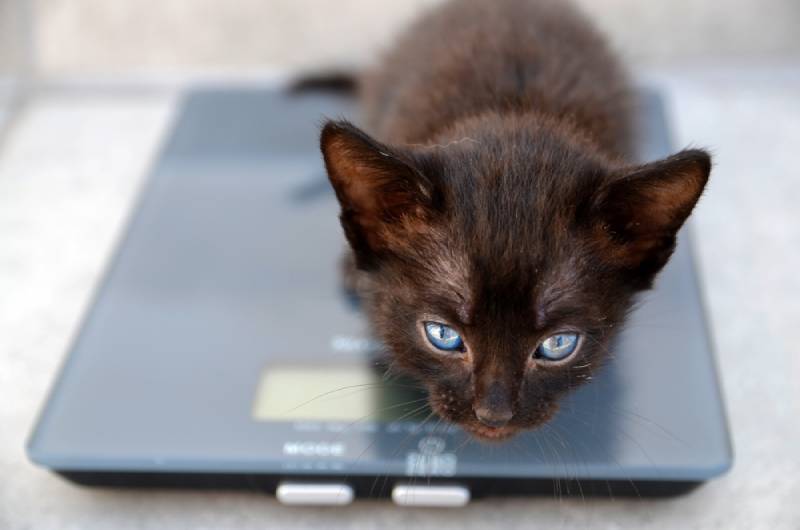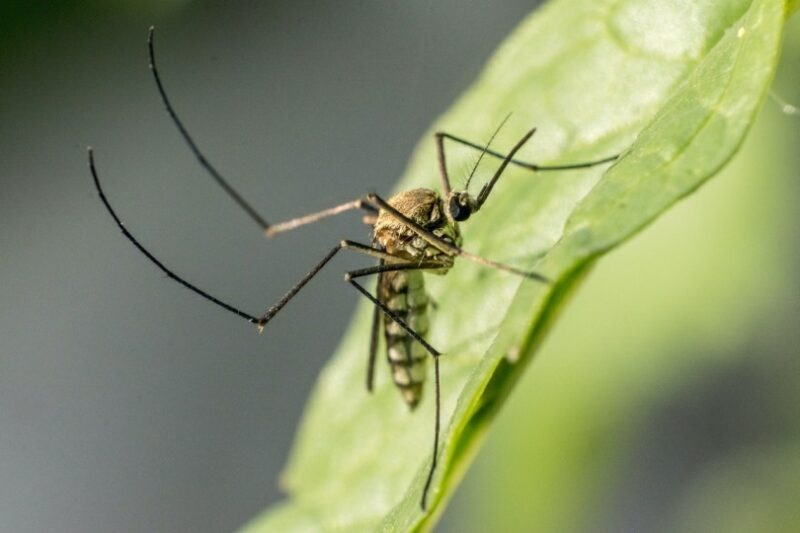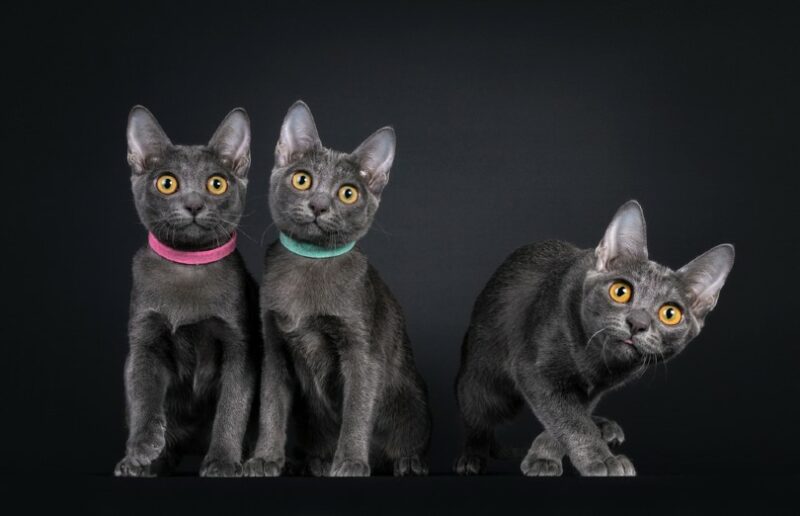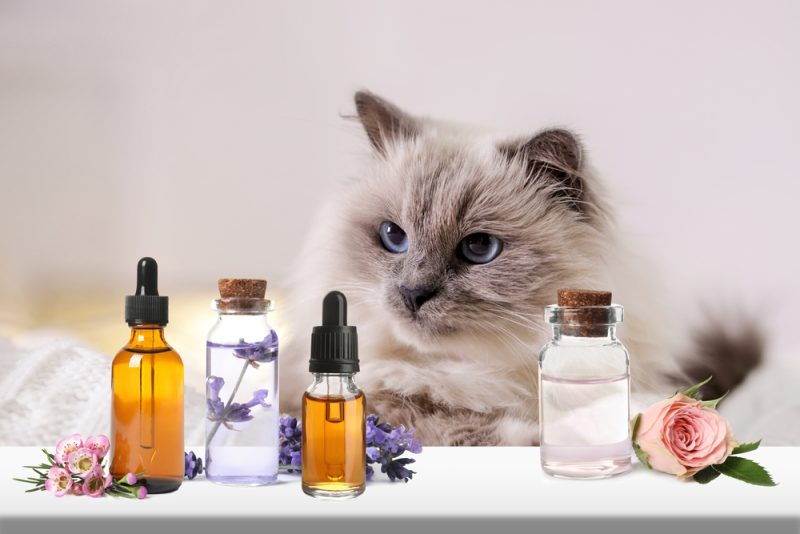As a cat parent, you know the importance of finding high-quality, absorbent cat litter. However, not only do you have to be happy with the cat litter that you choose, but your feline pal also has to be happy with it. When you want to avoid dealing with spills, dust clouds, and the sticky residue that cats track all over the house, finding the right litter can be hard.
Indeed, there are many brands that you can choose from, including dust-free cat litter. This produces little to no airborne dust when poured, scooped, or sifted through in comparison to regular cat litter. Dust-free litter is usually achieved by using materials that are naturally very low in dust or by the inclusion of dust-reducing substances in the litter itself.
Are there different formulations of dust-free cat litter? How do they work? Here, we answer these questions and give you the pros and cons of dust-free litter, so read on!

How Does It Work?
Dust-free cat litter produces less dust than other cat litter. The best way to achieve this is by using substances that are naturally low in dust, don’t easily disintegrate, and are resistant to handling. Other times, some companies claim that specific “formulations” they use trap dust; however, claims such as these are very difficult to scientifically prove.
Dust is produced whenever litter is exposed to vibrations and shock (such as during transport). As such, the best way to ensure a low-dust experience is by using materials that are naturally low in terms of their tendency to produce dust. Most of these materials are naturally occurring woods or the husks of some plants. Litter that comprises these materials is commonly known as biobased litter 1.
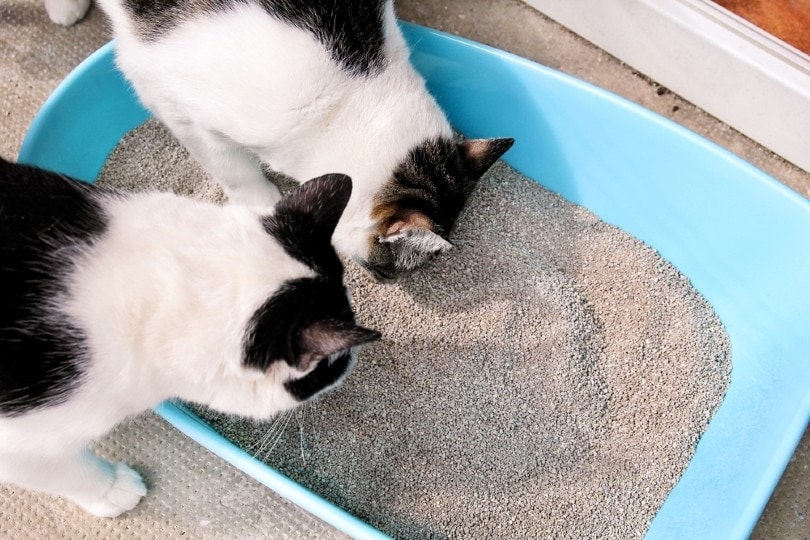
What Are the Different Types of Dust-Free Cat Litter?
You can choose from a few types of dust-free cat litter, such as clay, sand, pellets, scented, unscented, clumping, non-clumping, and biodegradable. The best thing about dust-free cat litter is that it’s better for people with allergies or asthma and cats that suffer from those issues. However, no litter is considered truly “dust-free”.
Dust-free litter is also considered beneficial for cats since it doesn’t irritate their respiratory system as much as dusty litter.
Where Is It Used?
Dust-free cat litter is used in cat litter boxes. However, you can also use a few tips to keep your litter boxes dust-free. A dust-free cat litter will help a lot, though no cat litter is 100% dust-free. You can use a litter box that has a cover so that the dust stays mainly on the inside of the litter box. Pouring the litter close to the bottom of the box will also help with dust clouds and cleaning the outside of the litter box. Try using less cat litter, cat litter liners, and an air purifier to reduce the dust in the air. In addition, you can try using cat litter liners and an air purifier to reduce the dust in the air.
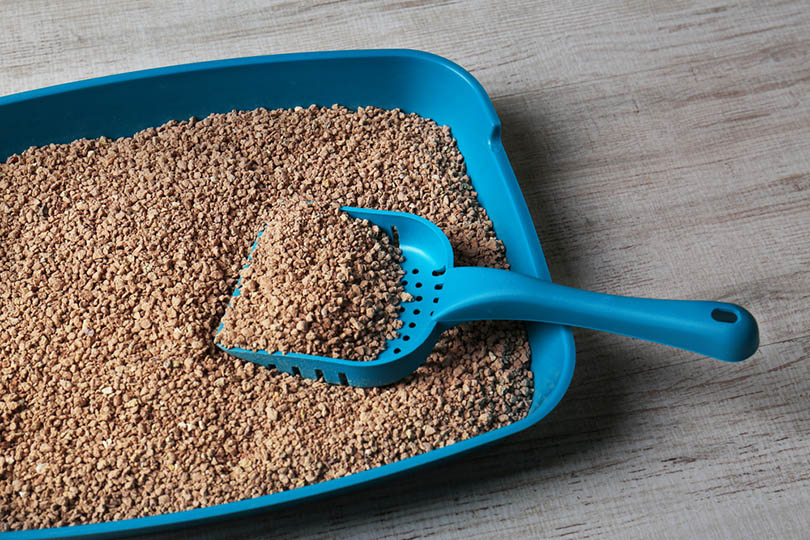

Advantages of Dust-Free Cat Litter
As with anything on the market today, dust-free cat litter has its own advantages and disadvantages.
Dust-Free Cat Litter Is Better for People
There’s no denying that dust-free cat litter is better for people with allergies or asthma. Dust-free litter reduces the number of allergens in the air and makes it easier for you and your family to breathe freely, even though you have a cat.

Dust-Free Cat Litter Is Better for Your Cat’s Lungs
If the dust-free litter is better for you, then it’s undoubtedly better for the lungs of your feline friend. Remember, they are scratching around in the cat litter, which means they are inhaling all the dust that comes from that scratching. Dust-free cat litter is also cleaner and better for the environment, so if you want to save the earth, this is an excellent place to start.
 Disadvantages of Dust-Free Cat Litter
Disadvantages of Dust-Free Cat Litter
Even though dust-free cat litter is better for your cat’s lungs, allergies, and the environment, it’s never 100% dust-free. It’s also often quite expensive, so if you’re living on a tight budget, it might not be the best choice for you. Finally, you still need to maintain and clean the litter box just as much as you would with any other cat litter.
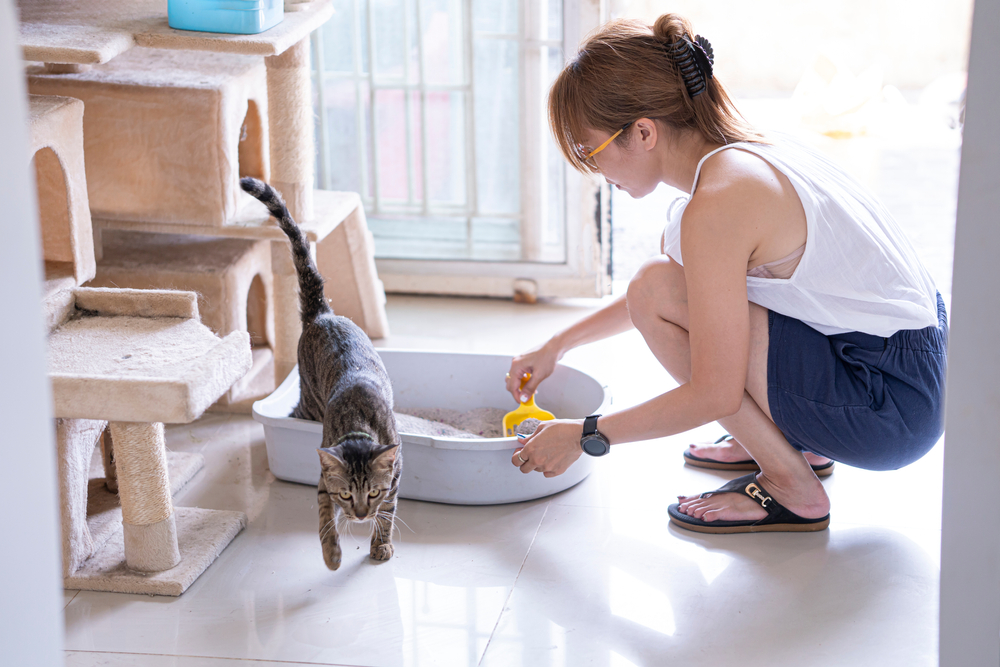

Frequently Asked Questions (FAQ)
Now that you know everything there is to know about dust-free cat litter, we answer a few of the most common questions about dust-free and other cat litter in this section.
Can You Get Sick From Cat Litter Dust?
OSHA has declared that the silica in cat litter dust is a carcinogen that can cause certain forms of cancer, and the dust can make you sick. However, you’re unlikely to get sick from cat litter from scooping, cleaning, or filling the litter box. Although silica is a carcinogen, you would have to inhale or consume a large portion to make you sick in most cases.
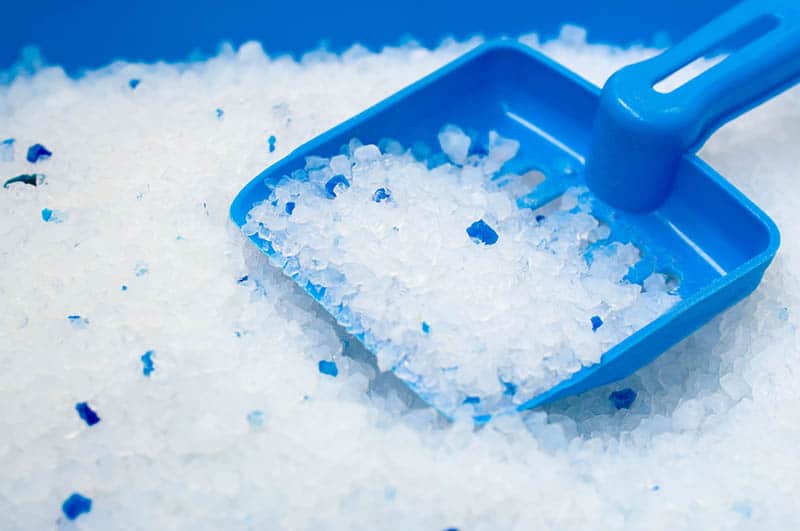
Is a Dust-Free Cat Litter Guaranteed to Produce Zero Dust?
There is no such thing as 100% dust-free cat litter. Every cat litter is going to produce some dust. The litter can be 99.9% dust-free, but there is still that tiny amount. Natural cat litters are your best bet for getting close to that 100% dust-free litter you’re looking for.
Are All Dust-Free Cat Litters Eco-Friendly?
No, just because a litter is billed as dust-free doesn’t mean that it’s eco-friendly. For example, clay litters now come in dust-free form, yet the clay litter isn’t safe for the environment. Most dust-free litters containing corn, paper, and other biodegradable materials are safe for the environment.
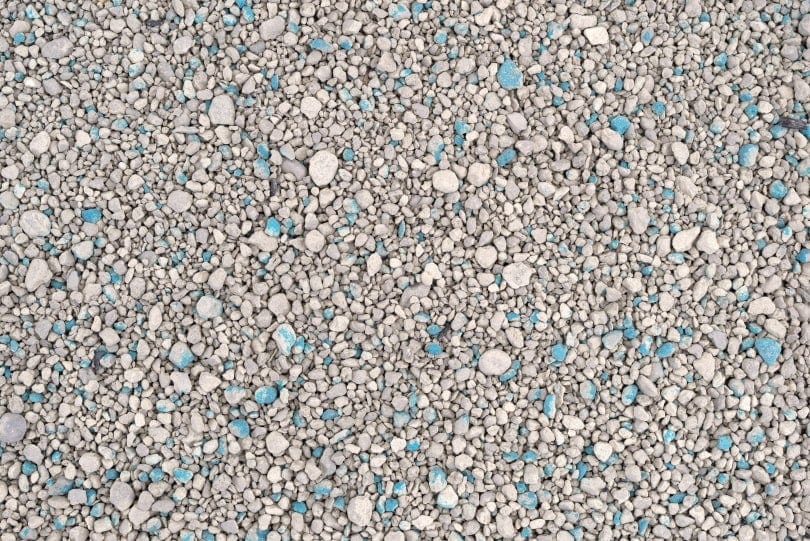
Is Litter Dust Bad for My Cat?
Just as litter dust is bad for you, it’s also harmful to your cat. There are chemicals in litter dust in some brands, and your cat is inhaling them every time it goes to use the box. Using natural, dust-free litter can reduce the chances of your pet suffering respiratory distress from the litter’s components.
Conclusion
There are many types of cat litter on the market today. Although dust-free cat litter is never truly 100% dust-free, it can make your home safer for you and your feline. If you have allergies or asthma, a dust-free option is best for you. However, you can talk to your doctor and your vet to ensure it is the right choice. Also, it’s important to remember that just because the litter is dust-free doesn’t automatically mean it’s safe for the environment, so do your due diligence before purchasing.
- Related Read: Can Sand Be Used as Cat Litter Replacement?
Featured Image Credit: jamesjoong, Shutterstock


